Collaborative Power of Five
The BIO5 Institute harnesses the collaborative power of our five core disciplines—agriculture, engineering, medicine, pharmacy, and science—and pairs them with cutting-edge technology to enable novel solutions to health and environmental challenges affecting humanity. Hundreds of researchers from colleges and departments across the University of Arizona work together to advance the pace of scientific discovery and develop and commercialize new devices, diagnostics, and treatments.
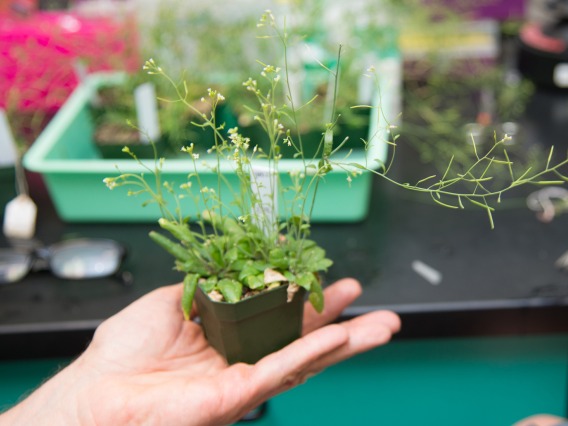
Agriculture
Understanding the biological processes in plants can inform human studies and vice versa. For example, scientific discoveries related to plant genetics can result in a greater understanding of the genetic basis of human disease, as well as more nutritious foods, heartier crops, and new plant-based pharmaceuticals.
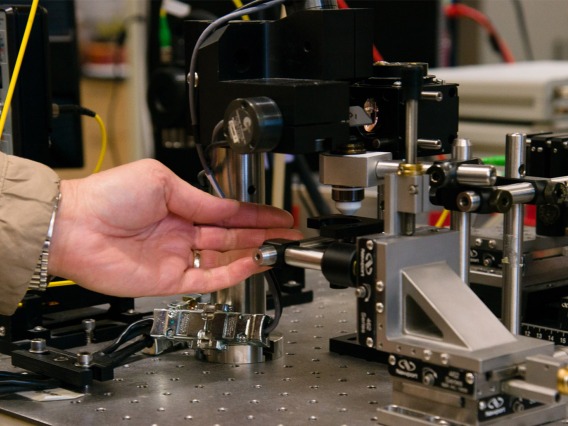
Engineering
Bioengineers aim to create faster, targeted, and less invasive diagnostic technology and treatment delivery methods. These scientists have expertise in both engineering and biological processes, and are working to identify who is susceptible to a particular disease at the earliest possible age, diagnosing it at the earliest possible stage, and delivering targeted treatments that do not affect surrounding cells and tissues.
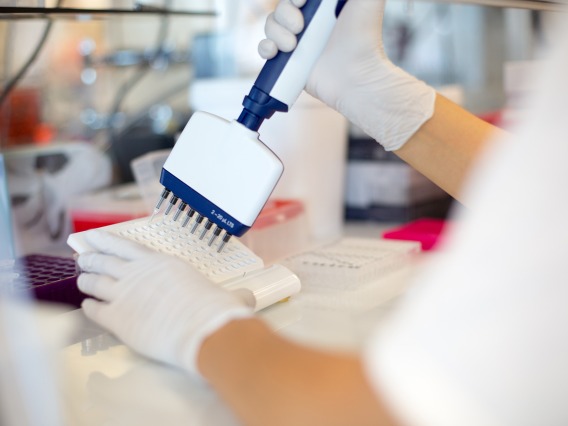
Basic Science
Scientific inquiry is fundamental to understanding basic and complex biological processes. Different points of view are needed to understand these processes as the basis for all life. For example, the basic structure of most cells is the same in humans, animals, and plants, and the molecular machinery within the cell has many processes that are similar to those within increasingly complex organisms. The convergence of disciplines within the life sciences is a natural outcome of this foundational focus.
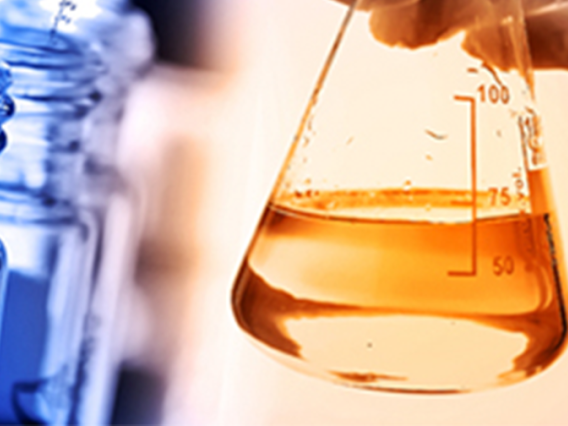
Pharmacy
New drug interventions are needed to biologically alter disease processes within individuals in increasingly individualized and targeted ways. New drugs are developed in a variety of old and new ways--some derived from natural products and others synthesized in the laboratory by chemists. Translational researchers must work with clinicians and regulatory agencies to ensure the safety and efficacy of new drugs.
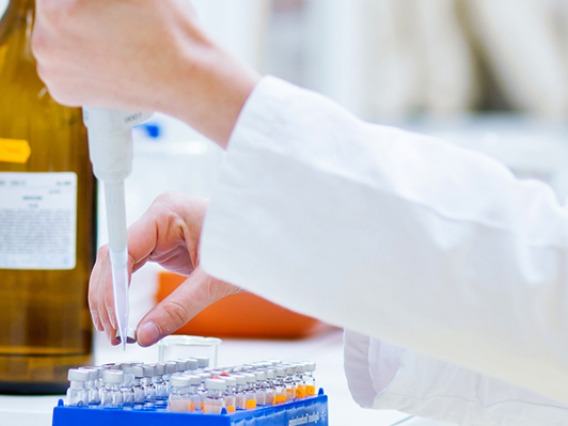
Biomedicine
Biomedical scientists are focused on preserving health and preventing, diagnosing, and effectively treating disease. Not only is an understanding of basic science important, but physicians and public health experts must understand the psychological, social, and physical environments of patients and populations as well.

